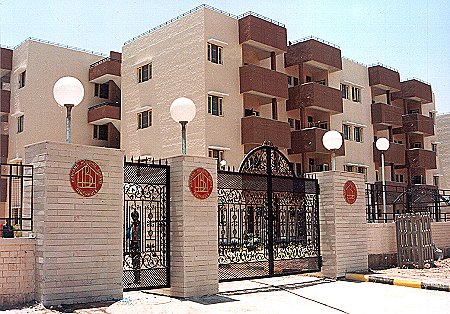Understanding who can vote in the general body meetings of a cooperative housing society is essential for both governance and transparency. The Maharashtra Cooperative Societies Act, 1960 (MCS Act), particularly after the 2019 Amendment, lays out the voting rights of members under Section 154B-11.
Types of Members in a Housing Society
Housing societies may have different categories of members:
-
Ordinary Members (Active Members)
-
Associate Members
-
Joint Members
-
Provisional Members
-
Corporate or Institutional Members (e.g., firms, companies)
Each of these has defined voting rights under the Act and the Model Bye-Laws.
1. Ordinary Members (including sole owners)
These are the primary members listed first in the share certificate. They have full voting rights and can contest elections, vote, and participate in meetings.
2. Joint Members
When a flat is jointly owned, only the first-named person in the share certificate has the right to vote.
-
If the first holder is absent, the second holder can vote—provided he is not a minor.
-
Joint owners cannot both vote simultaneously; only one vote per unit is permitted.
3. Associate Members
Earlier, associate members needed the written consent of the original member to vote. However, post-2019 Amendment and changes in the Election Rules of 2014 (as amended), associate members who are entered in the register and have the written consent on record can vote and even contest elections.
4. Provisional Members
A provisional member is someone who has applied for membership and is awaiting full confirmation (often after nomination transfer). As per the latest rules, a provisional member can vote but cannot contest elections until full membership is granted.
5. Companies, Firms, and Trusts
Where a flat is owned by a company or firm, a duly authorized representative (director or partner) may vote on its behalf.
-
The authorization must be in writing and submitted to the society before the meeting.
Chairman’s Casting Vote
In the case of a tie during decision-making at a general meeting, the Chairman has the right to cast an additional vote to break the tie, as per the Model Bye-Laws.
-
Section 22 of the MCS Act, which earlier governed membership eligibility and voting rights, no longer applies to housing societies after the 2019 Amendment.
-
Only active members can vote in elections and general body meetings. An inactive member (as defined under Section 154B-1) may be disqualified from voting.
Conclusion
Each flat has one vote in the society, regardless of how many co-owners exist. The rules ensure clarity in decision-making and prevent multiple votes from a single unit. The updated legal framework, especially Section 154B-11, empowers associate and provisional members with voting rights, making housing society governance more inclusive.






